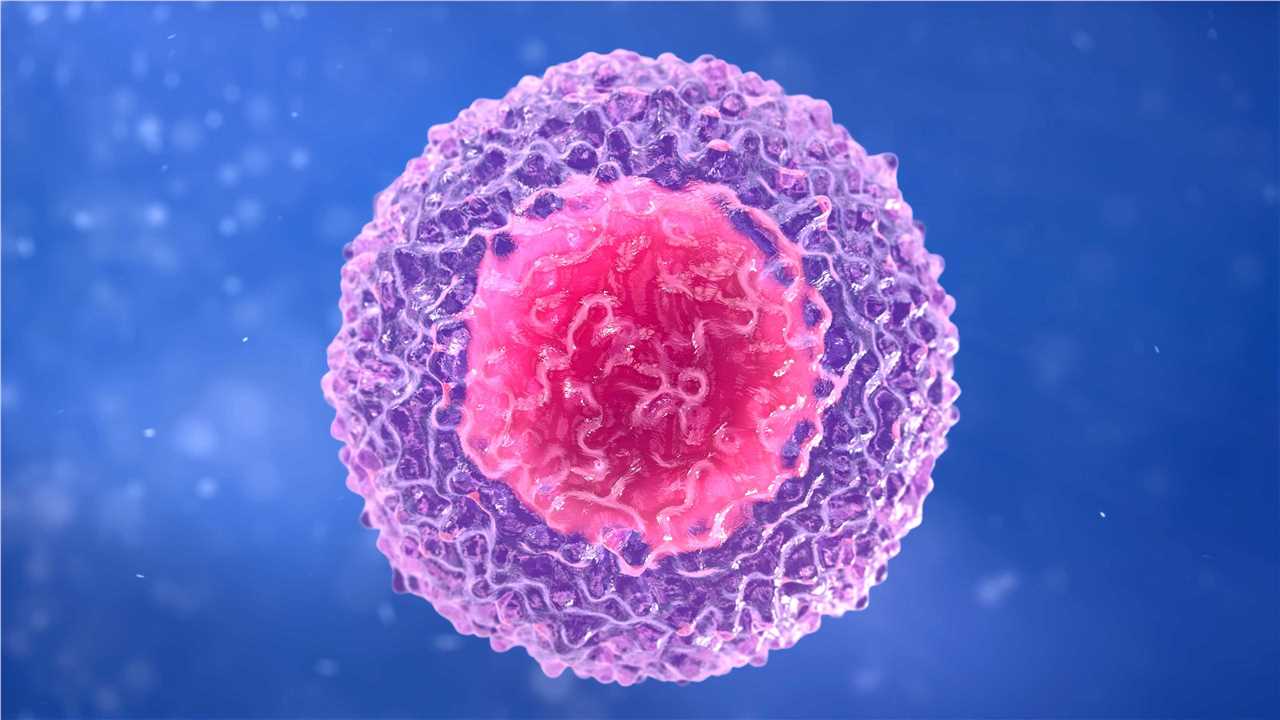Single B cell antibody is an emerging antibody production technology. Antibodies developed based on single B-cell sorting have the advantages of full human origin, good genetic diversity, and high efficiency. However, single cell isolation is a key step in this technology. With the development of technology, some techniques have been developed for single-cell separation that can efficiently separate single cells, and laser capture microdissection is one of them. Laser capture microdissection (LCM) is a new technology capable of separating single cells. At present, the separation of single cells based on LCM technology has been widely used in various fields of single cell research, such as basic research, drug development, the development of diagnostic technology, and so on. Based on our rich field experience and B-cell sorting platform, Creative Biolabs provides comprehensive services to support the development and application of LCM technology for single cell isolation.

Isolation of single cells is the most difficult step in single cell sequence determination. Its complex method, cumbersome operation, and high cost constrain the further development of single cell analysis. In recent years, due to the continuous innovation of single-cell separation technology, the cell loss and operation costs caused by it have been significantly reduced. At the same time, the capture rate and accuracy of single cells have been significantly improved. Currently, the commonly used techniques for single-cell separation include oral pipette technology, limiting dilution technology, fluorescent activated cell sorting technology, laser capture microdissection technology, droplet microfluidics technology, and so on.
Laser-capture microdissection is a new technique capable of isolating single cells or intercellular compartments from most solid tissue specimens. The tissue is viewed with a microscope, and the target cells are identified with the naked eye. The operator draws a line on the monitor to delineate the section to be cut. Along this path, a laser is used to cut and remove the tissue.
Single cell isolation based on the LCM system has many advantages. The components of the LCM system are inexpensive and relatively simple to operate. Since LCM does not involve manual microdissection or manipulation, this means that it is much faster and allows for one-step transfer. In addition, the entire process is performed by viewing the cells directly under a light microscope. Moreover, LCM is currently the only method capable of separating subpopulations of cells from monolayers of tissue or cell populations without disturbing the molecular state of the cells.
However, the LCM technique has some drawbacks. It has limited resolution and can dry out sections because of the lack of coverslips. Commonly used stains, such as hematoxylin and eosin, are sometimes not effective in accurately separating homogeneous cell populations. Several research groups have addressed this problem by using immunohistochemical staining techniques using LCM. Immuno-LCM is a process of immunohistochemical staining of tissues prior to LCM. The process helps researchers identify molecules of interest in heterogeneous tissues by using detection strategies based on morphology and immunophenotyping. Thus, single cell isolation based on the LCM system allows visualization of tissue or cellular samples. In addition, it can process a wide range of samples, as well as in vivo samples.
Creative Biolabs has a wealth of knowledge and experience in single B cell screening. We would be happy to share with you our knowledge and experience related to LCM technology for single cell isolation.
All listed services and products are For Research Use Only. Do Not use in any diagnostic or therapeutic applications.